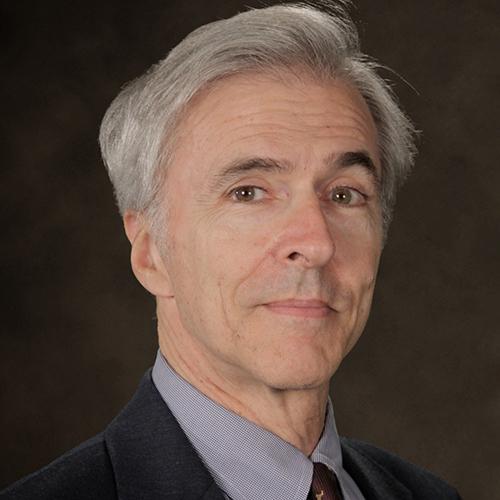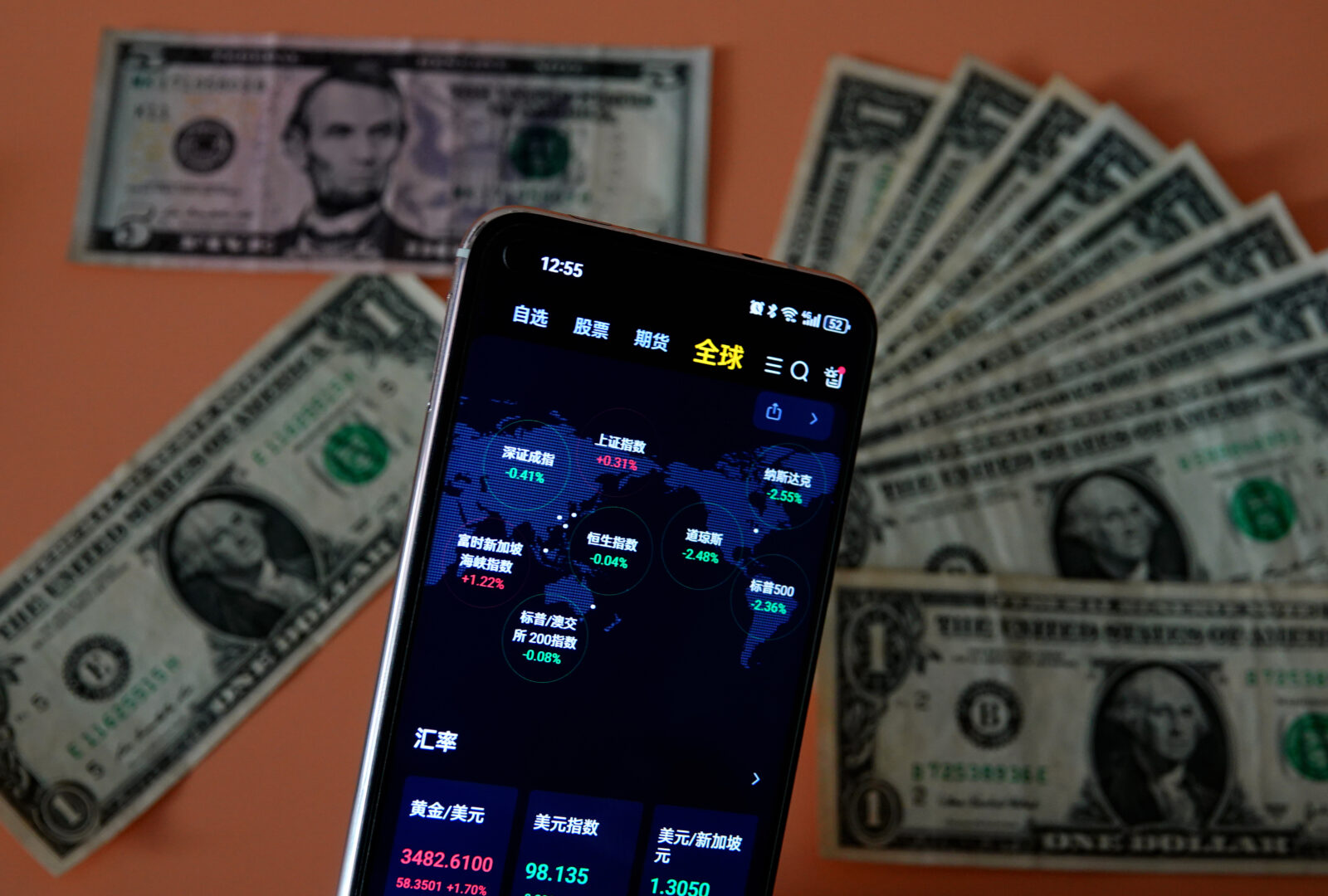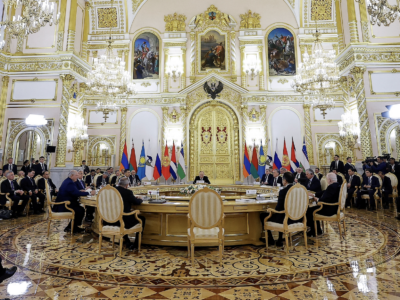Book Talk | King Dollar: The Past and Future of the World’s Dominant Currency
The months since the inauguration of President Donald Trump have seen a flurry of US actions to reorder the global economy and extraordinary turmoil in global markets. The resulting weakening of the dollar has surprised many commentators, leading to questions about what these policy moves and the market reaction mean for the currency’s role at the center of the international monetary and financial system. The dollar has weathered such storms before and has emerged stronger from each crisis, but will this time be different?
To discuss these questions, Karthik Sankaran, senior research fellow Geoeconomics, in the Quincy Institute’s Global South Program will be speaking to Paul Blustein, the author of King Dollar: The Past and Future of the World’s Dominant Currency, published in March 2025 by the Yale University Press.
Program
Topics
Entities
Panelists

Paul Blustein
Paul Blustein is a senior associate (non-resident) with the Economics Program and Scholl Chair in International Business at the Center for Strategic and International Studies (CSIS). A graduate of the University of Wisconsin and Oxford University, Blustein was a Rhodes Scholar who spent much of his career as a reporter at the Washington Post and Wall Street Journal. He has written several authoritative accounts of major crises. These include "The Chastening" about the Asian Financial Crisis, "And the Money Kept Rolling In" about the implosion of Argentina’s currency board, and "Laid Low" on the IMF’s role in the Eurozone crisis. He lives in Kamakura, Japan.

Karthik Sankaran
Karthik Sankaran is a senior research fellow in geoeconomics in the Global South program at the Quincy Institute for Responsible Statecraft. He has engaged primarily with foreign exchange and fixed income in emerging markets at a variety of institutions on the sell-side and the buy-side. In this capacity, he saw the ripples of the Asian financial crisis of 1997 into Russia and Latin America, and then the Great Financial Crisis of 2008, and the subsequent Eurozone crisis of 2011. He then joined Eurasia Group as Director, Global Strategy, where he worked with country and regional teams to chart feedback loops among political and geopolitical risks, macroeconomics, and market responses.



